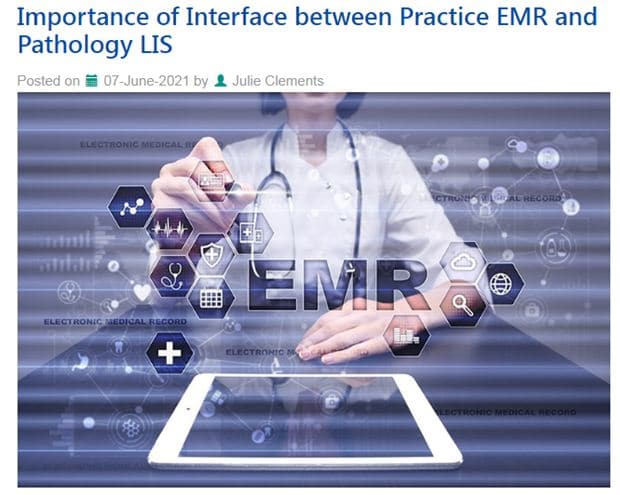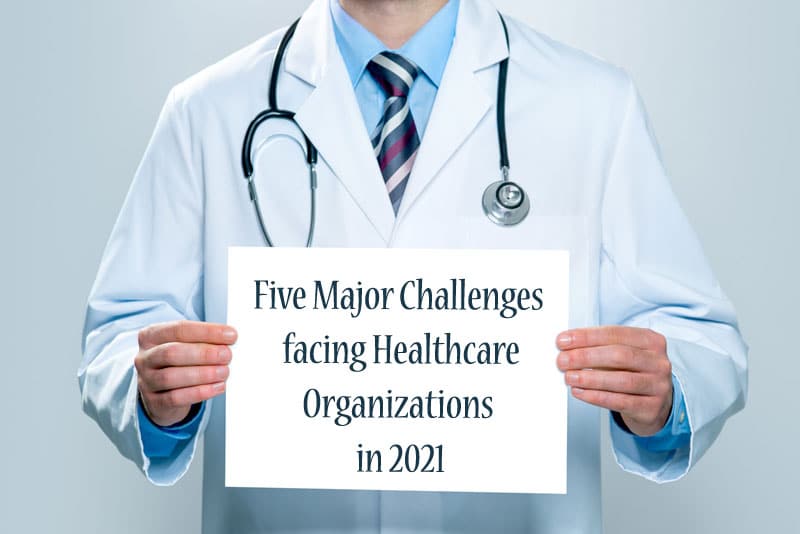Technological advancements in the healthcare industry have resulted in innovative solutions including the Electronic Health Record or EHR. Good quality medical records are essential to proper ongoing care of patients and are paramount for effective communication between healthcare professionals. Professional medical transcription services ensure efficient electronic filing and accurate medical documentation for medical practices, clinics and hospitals to prevent any kind of medical error and ensure delivery of quality patient care.

With every year, the medical industry is changing and there have been changes in medical transcription also. As more and more medical professionals subscribe to medical transcription there is increased demand for medical tools and transcription professionals. Medical transcription is one of the few industries to fully embrace new technologies and infrastructure. According to a recent research report, hospitals will make use of more medical transcription solutions from companies like Acusis, MModal, iMedx, Scribe Healthcare, Superior Global Solutions, TransTech Medical Solutions and so on.
A Technavio report published last month says that hospitals globally will spend more than 72 billion on medical transcription tools by 2020, which is a 6 percent compound annual growth rate. The Technavio report also points out that voice recognition software is the biggest driver of hospital plans. Increased adoption of automatic transcribing technologies is expected to replace all analog devices in the coming future. Other factors that contribute to the growth of this healthcare industry market are rise in value of skilled professionals and rise in outsourcing medical transcription. Majority of the transcription devices have built-in speech recognition and memory storage systems.
Advanced communication methodologies ensure better and faster transfer of updates between medical transcription providers and healthcare professionals. This will help meet quick turnaround time requirements. Physicians no longer need to dictate and medical transcriptionists need not turn the recordings into text. As technological advancements increase, the medical transcription sector is also utilizing the latest voice recognition software technology. It helps transcriptionists minimize turnaround times because their role is more as editors while the technology provides the transcription.
No matter how quickly technology is advancing, the demand for medical transcriptionists will continue to be there because artificial intelligence and machine learning cannot ensure the accuracy the human eye and intellect can ensure. Medical transcription companies offer scalable and customized options for practices of any specialty or size and to hospitals among other healthcare providers. They have a set standard for transforming unstructured notes into well-crafted medical reports which allow physicians to clearly understand the patient’s health condition and decide on the right treatment approach.


